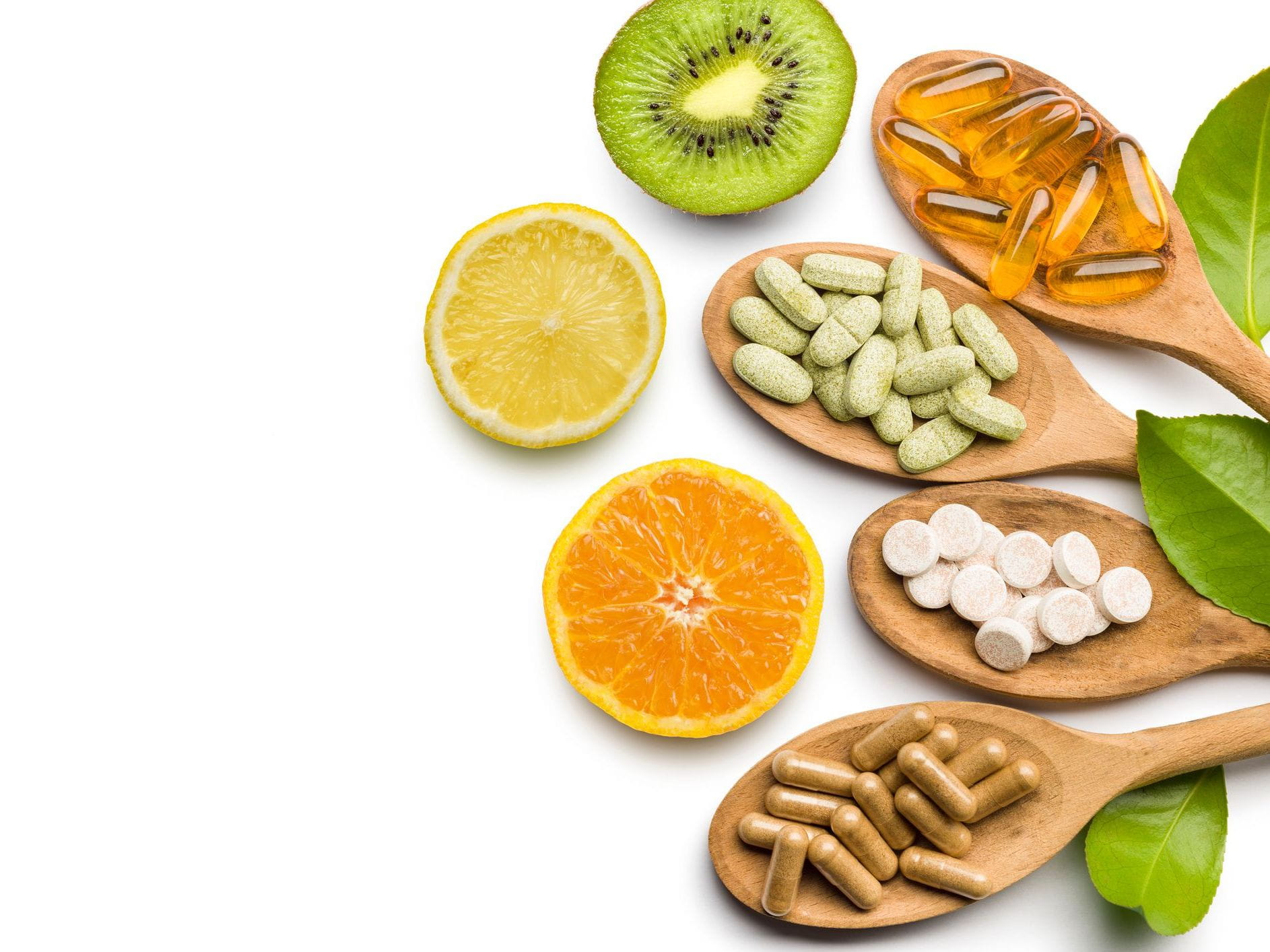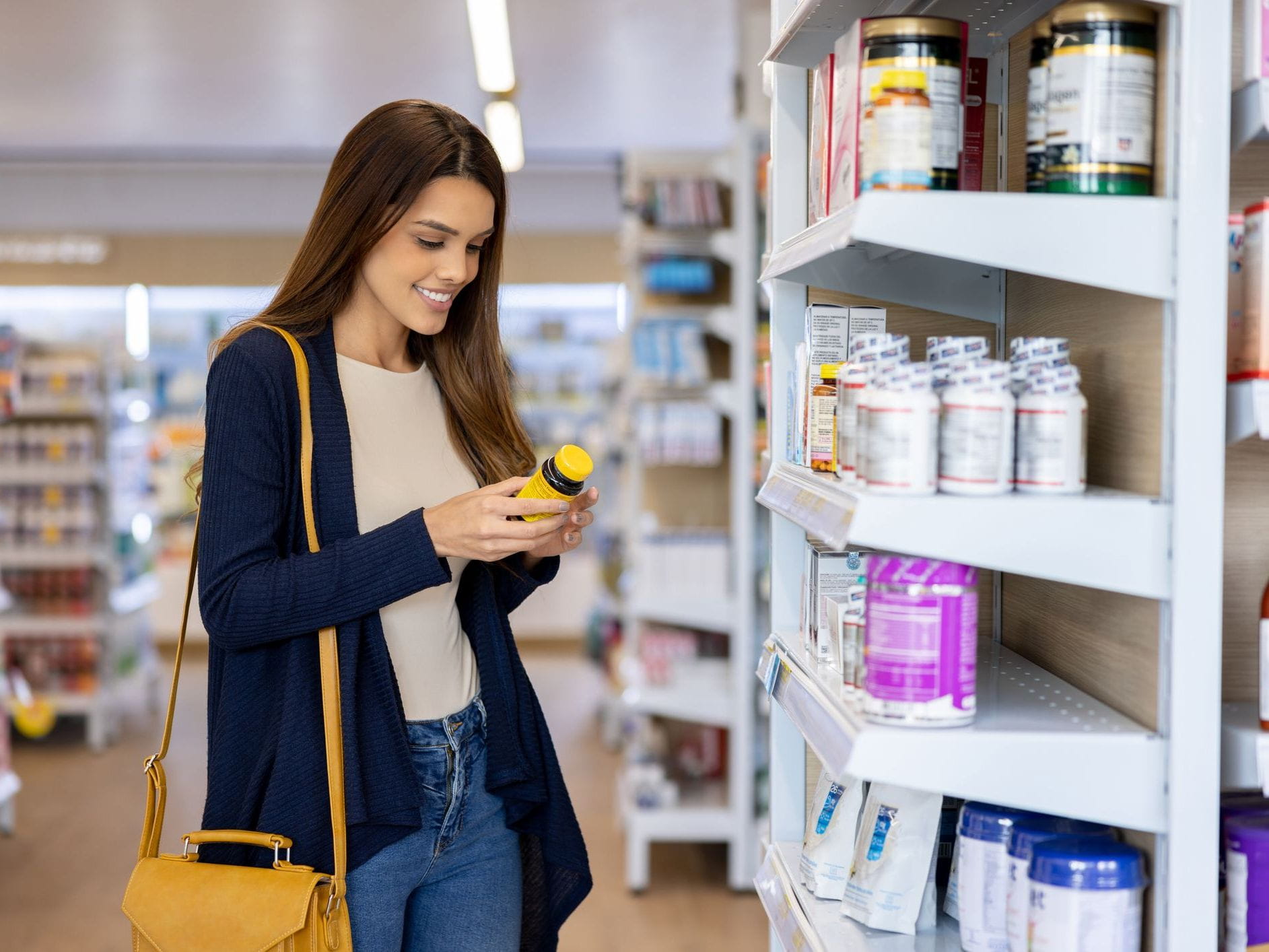Do Multivitamins Really Work?

The Bottom Line
Multivitamins are easy to obtain and are a great source of vitamins and nutrients. Some people may need multivitamins because they do not have enough nutrients in their daily diet. However, people with certain medical conditions may want to avoid multivitamins or limit their use.

What are multivitamins? Why do people take them?
Multivitamins are over-the-counter products available for purchase in most grocery stores and pharmacies. They may contain vitamins, minerals, and or other herbal supplement ingredients.
People often decide to take a multivitamin because they are not getting enough of these ingredients from their regular diet or to maintain good health. Some restrictive diets, like vegetarianism, can limit the amount of vitamin B12, iron, and calcium that a person normally gets from food. Taking a multivitamin would therefore help replenish those deficiencies while allowing the person to healthily maintain their diet. Pregnant patients often take multivitamins containing folic acid as it has been shown to support the healthy development of the growing baby.
Do multivitamins work?
Multivitamins come in a variety of forms, including tablets, gummies, and liquids. Different companies may also vary the amounts of each ingredient contained in a given product. Because every product is different, it is difficult for scientists to confirm the efficacy of multivitamins. However, multivitamins are generally considered helpful in certain circumstances.
Multivitamins can help people who do not otherwise get sufficient vitamins and nutrients in their regular diet. Some vitamins are thought to help specific patients. For example, vitamin E and beta carotene have been thought to boost eye health and prevent vision loss in patients with cataracts or age-related macular degeneration. Various diseases such as lung disease, heart disease, and psychiatric disorders have all been examined to see if a multivitamin could improve patient care. Most studies have shown no significant improvements in these patients.
What are the side effects of multivitamins?
For most people, multivitamins typically have only mild side effects. The most common side effects associated with multivitamins tend to be nausea and upset stomach. People are often concerned that multivitamins may cause weight gain, but there are currently no studies confirming that multivitamins influence weight gain or weight loss in most people. Patients who are malnourished and do not get enough vitamins regularly may see an increase in weight when they correct their diet and get the daily recommended requirements for each vitamin and mineral.
Can you overdose on multivitamins?
Generally, multivitamins are unlikely to harm your health when taken as directed. Experts advise that people should not take more than the daily recommended upper dose limit of a given vitamin. Many vitamins are well tolerated, but some can lead to unpleasant or harmful effects at high doses.
Iron is a mineral that is often found in multivitamins. Iron-containing multivitamins can be extremely toxic in children and adults when large doses are consumed. Prenatal vitamins usually contain higher amounts of iron than a regular adult or children’s multivitamin and can be especially dangerous. Prenatal vitamins are often found in households with young children because they are either leftover from the pregnancy or are from a current pregnancy of a sibling, placing these children at higher risk of accidental overdose from iron. Early signs of iron poisoning include abdominal pain, vomiting, and diarrhea. Large doses of iron can cause bleeding, shock, damage to the stomach and intestines, low blood pressure, liver damage, and death. It is important to keep iron-containing vitamins out of reach of small children.
Vitamin C is found in many multivitamins and food products. While it is usually tolerated very well, it has also been associated with causing kidney stones in rare cases. High doses of vitamin C can also cause diarrhea.
B vitamins are another commonly taken category of vitamins. There are several vitamins in the B family, and most of them cause few side effects. However, vitamin B-3, also known as niacin, can lead to red, flushed skin and an upset stomach. Niacin can cause liver damage if an extremely large amount is taken.
Can multivitamins be poisonous?
For most healthy people, multivitamins are unlikely to be harmful and may assist in replenishing missing vitamins and minerals. However, people with certain health conditions or who take certain medications should avoid some types of multivitamins. These individual patients should discuss whether taking specific products and vitamins are appropriate with their healthcare professionals. Some smokers are asked to avoid taking multivitamins that contain vitamin A because one study suggests this vitamin may further increase the risk for lung cancer in smokers.
What should I do if I take too many multivitamins or take them by accident?
If you believe you or someone else has taken too many multivitamins, it is important to remain calm. Do not force yourself or the person to try and throw up since many multivitamins only cause mild side effects with extra doses.
Help from experts is available through the webPOISONCONTROL online tool and by phone at 1-800-222-1222. Poison Control’s expert guidance is always free, confidential, and available 24 hours a day.
Pharmacist and Certified Specialist in Poison Information
Poison Control Media Information
Did you find this page helpful? If so, we need your support. Poison Control is in constant competition with misinformation online. Links to www.poison.org or our webPOISONCONTROL triage tool from other websites and blogs help internet searchers quickly find accurate information and Poison Control’s contact information in an emergency. If you use the content from this page, please provide attribution via a link back to this page, www.poison.org, or https://triage.webpoisoncontrol.org/#!/exclusions. By doing so, you could save a life. Thank you!
Poisoned?
Call 1-800-222-1222 or
Prevention Tips
- Keep multivitamins and supplements in child-resistant containers.
- Store all multivitamins up high and away from the reach of children.
- Do not assume that just because a vitamin is sold at the store that it is good for anyone to take. Consult your healthcare professional before taking any multivitamins on your own.
This Really Happened
A 3-year-old child got a hold of her mom’s chewable iron vitamins. It was estimated that she chewed up to 6 of the gummies, and then spit them out because she didn’t like the taste. The mom was advised to give her a snack and observe for any nausea, vomiting, or belly pains over the next few hours. Poison Control called the mom back later that day and she informed them that her daughter ended up having no symptoms.For More Information
Vitamin and Mineral Supplement Fact Sheets | NIHReferences
Major GC, Doucet E, Jacqmain M, St-Onge M, Bouchard C, Tremblay A. Multivitamin and dietary supplements, body weight and appetite: results from a cross-sectional and a randomized double-blind placebo-controlled study. Br J Nutr. 2008;99(5):1157-1167. doi:10.1017/S0007114507853335
Manoguerra AS, Erdman AR, Booze LL, Christianson G, Wax PM, Scharman EJ, Woolf AD, Chyka PA, Keyes DC, Olson KR, Caravati EM, Troutman WG. Iron ingestion: an evidence-based consensus guideline for out-of-hospital management. Clin Toxicol (Phila). 2005;43(6):553-70. doi: 10.1081/clt-200068842. PMID: 16255338.
Mularski RA, Grazer RE, Santoni L, Strother JS, Bizovi KE. Treatment advice on the internet leads to a life-threatening adverse reaction: hypotension associated with Niacin overdose. Clin Toxicol (Phila). 2006;44(1):81-84. doi:10.1080/15563650500394928
Poisoned?
Call 1-800-222-1222 or
Prevention Tips
- Keep multivitamins and supplements in child-resistant containers.
- Store all multivitamins up high and away from the reach of children.
- Do not assume that just because a vitamin is sold at the store that it is good for anyone to take. Consult your healthcare professional before taking any multivitamins on your own.
